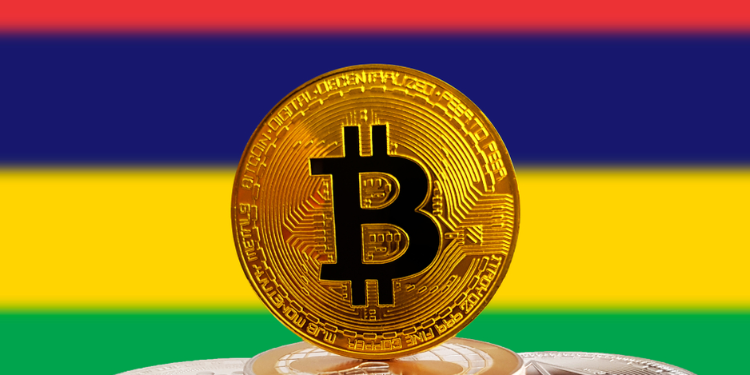
The Financial Services Commission of Mauritius has introduced new regulations to oversee Stablecoin issuers, which are cryptocurrencies backed by tangible assets. This move addresses the increasing demand for stability within the cryptocurrency market. We delve into the various regulations surrounding cryptocurrencies in Mauritius.
On August 16, the Financial Services Commission (FSC) of Mauritius enacted new rules to monitor Stablecoin issuers, who create cryptocurrencies designed to track the value of tangible assets. This regulation comes at a time when investors are seeking portfolio diversification, while Stablecoin issuers view this as a means to offer stable alternatives to volatile digital assets. Thus, Mauritius, already recognized internationally as a hub for fintech companies and digital assets, demonstrates its commitment to regulating the rapidly evolving cryptocurrency realm.
Legal framework and business registration
The regulation of cryptocurrencies on the island is overseen by the Financial Services Commission (FSC), the country's financial regulatory authority. Any business involved in cryptocurrency trading, including Stablecoins, must register with the FSC in accordance with the Financial Services Act. This measure was implemented to combat money laundering and protect investors.
ICO Regulation
Initial Coin Offerings (ICOs), fundraising methods in which companies issue tokens or cryptocurrencies in exchange for investments, are subject to stringent regulations in Mauritius. ICO issuers must obtain prior approval from the FSC before launching an ICO. These regulations aim to safeguard investors and ensure transparency in token-based financing.
Regulatory requirements for stablecoin issuers
Under the Virtual Asset and Initial Token Offerings Services Act (Vaitos Act), the FSC imposes specific requirements on Stablecoin issuers. These requirements include maintaining a non-depreciating minimum capital, holding sufficient liquidity to cover annual operating expenses, and establishing operational risk management and resilience frameworks.
Taxation and transparency
Mauritius does not levy specific taxes on cryptocurrencies, but they are considered movable property. Gains from cryptocurrencies are therefore subject to income tax when cryptocurrencies are sold or exchanged. Companies involved in cryptocurrencies may also be subject to corporate tax. Additionally, starting this year, the Mauritian government mandates virtual asset service providers and ICO issuers in Mauritius to submit an annual report to the Mauritius Revenue Authority (MRA) by August 15 of each year. This report aims to enhance transparency and oversight in the digital asset sector by requiring these entities to declare financial transactions exceeding certain monetary thresholds. For individuals, companies, or estates, any single transaction exceeding MUR 250,000 or aggregated transactions surpassing MUR 2 million in the previous year must be reported. For companies, the thresholds are MUR 500,000 for a single transaction and MUR 4 million for aggregated transactions.



















